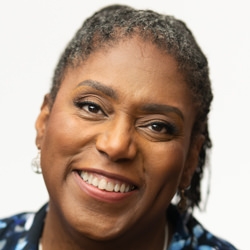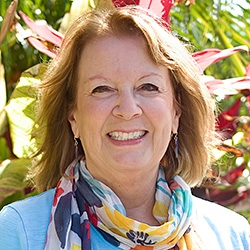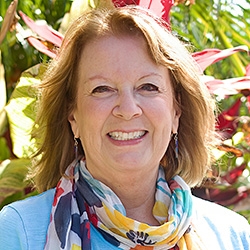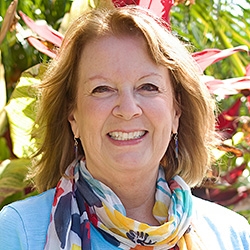

NVC Resources on Groups
-
Roxy Manning discusses the distinction between group purpose and group agreements. Group purpose is identified as the reason for gathering, such as learning to facilitate groups with a focus on inclusion and contribution. Group agreements are the policies or intentions to support the purpose, like creating space for all voices or forming affinity groups to address identity-specific challenges. The emphasis is on how agreements facilitate the manifestation of the group's purpose.
-
Listen to Miki talk about the value of participating in groups, recognizing our inherent nature to do so, how industrialization has hindered our skills and the value of participating in a time when it's most needed.
-
Learn three tips to handle distractions from a group’s purpose, like long empathy requests.
-
CNVC Certified Trainer Miki Kashtan shares a tip on holding a group's needs while empathizing with a single person in the group.
-
Mary explains group participation and clarifies the often-misunderstood facilitator role.
-
Learn seven steps to keep NVC groups engaged and energized.
-
In a workshop, a hesitant white neurodivergent man faced a triggering reaction from a Global Majority transgender man. Uncovering their backgrounds, the facilitator addressed family dynamics and exclusion. A repair exercise fostered empathy, challenging assumptions and emphasizing the importance of equitable facilitation for a richer group experience.
-
Ask the Trainer: Guidance for NVC groups on when and how to make requests, especially negative ones.
-
How can I deal with someone who is constantly interrupting and derailing our process?
-
It seems to me that people see ideas which are different from theirs as threatening. Instead of listening, the group polarizes around the different ideas and a lot of judgments develop, conflicts develop and people feel hurt. Forward progress becomes a battle ground. How can I support more collaboration?
Quick Links

Stay in Touch!
We value your privacy, won't share your email address and you can easily unsubscribe any time.










